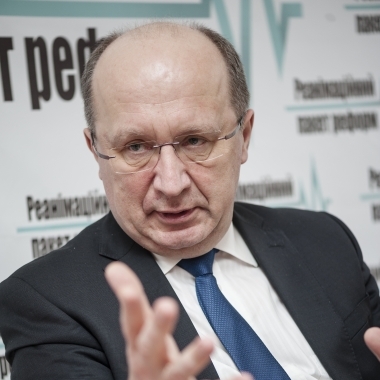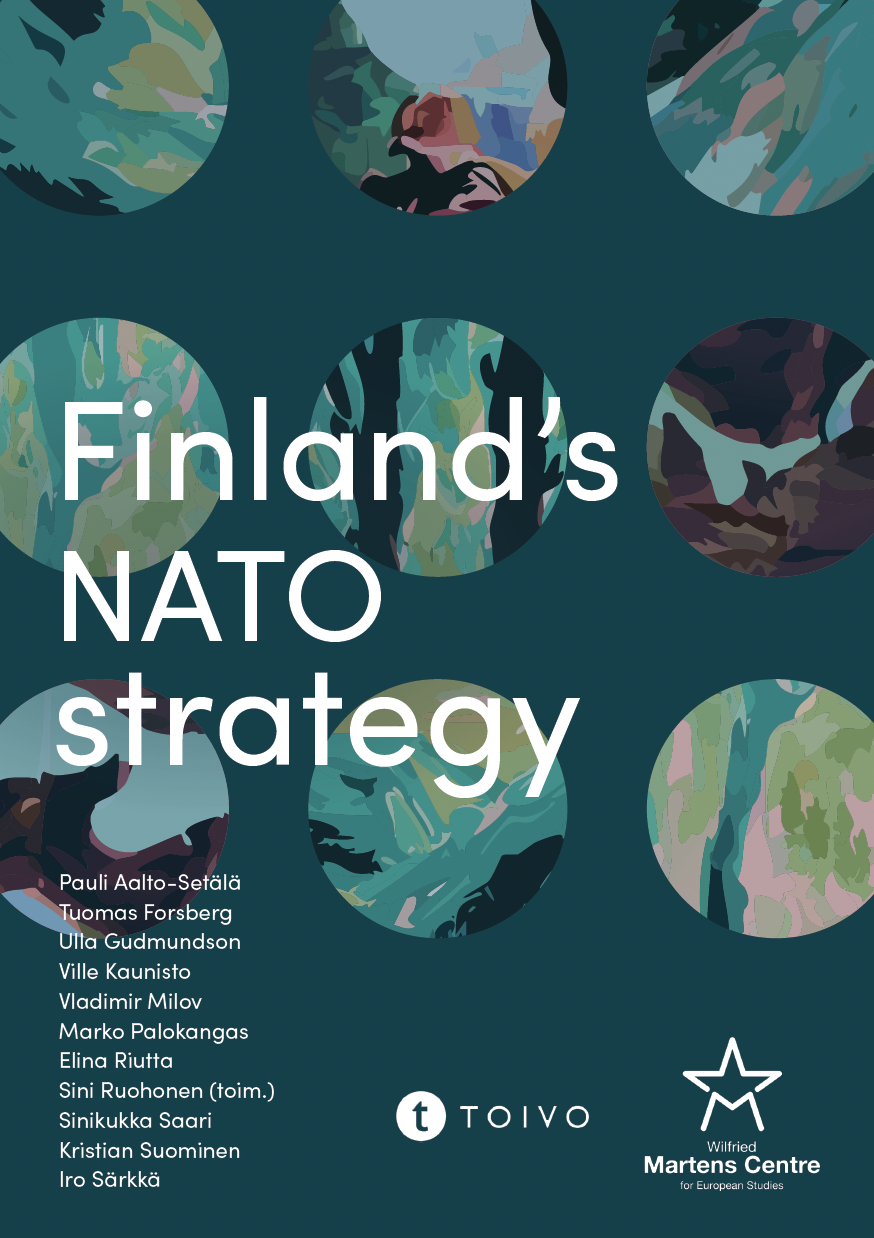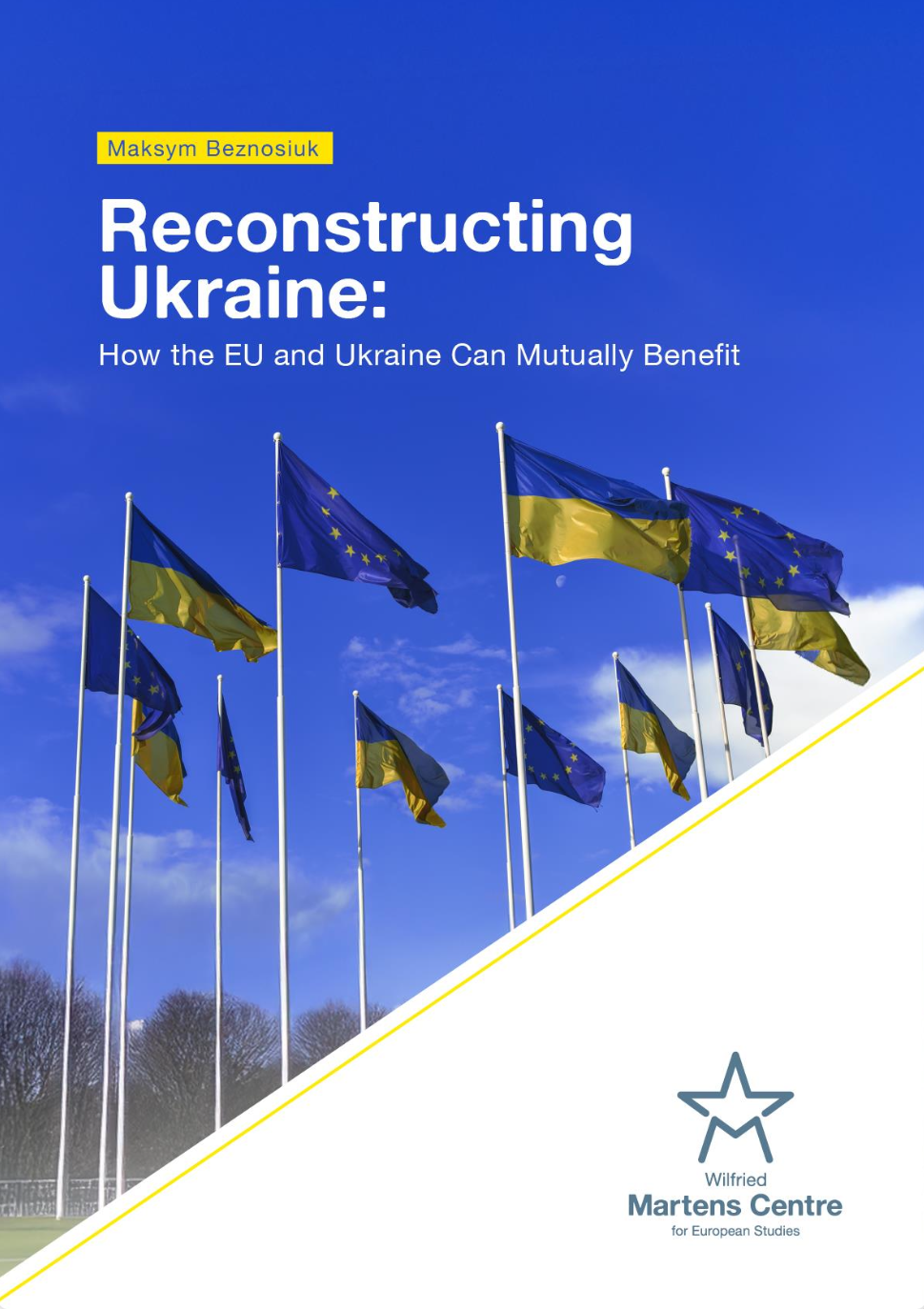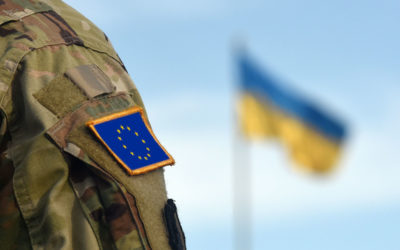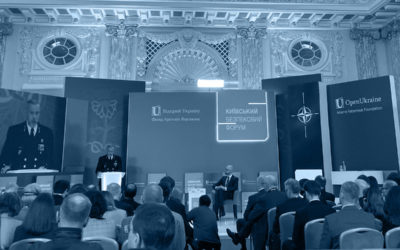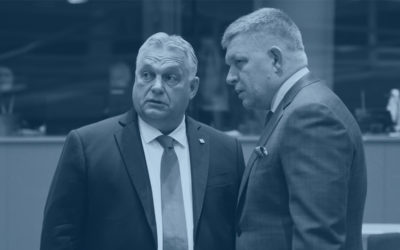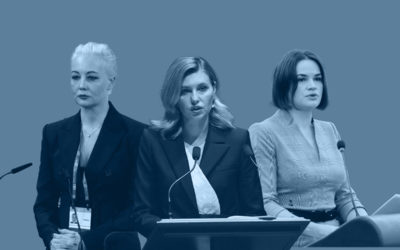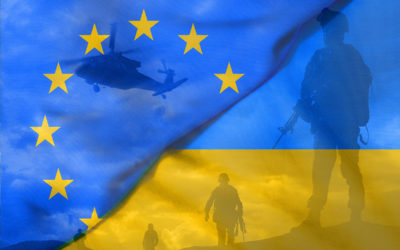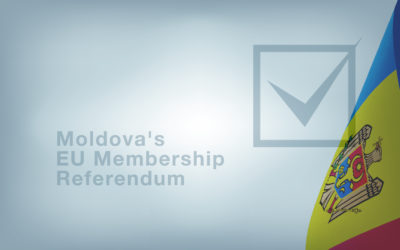A changed reality: EU and US role in the transformation of Ukraine and Russia
19 November 2015
Europe has gone through paramount difficulties and tragedies throughout the twentieth century, dealing with two world wars, the Holocaust, the existence of gulags and tens of millions of deaths. After the end of the Cold War, Europe stepped into the twenty-first century with faith in its guarantees of peaceful prospects. Unfortunately, recent years have demonstrated that these guarantees are not as reliable as previously thought.
Russian President Vladimir Putin has engaged in another aggressive foreign policy adventure, this time in Ukraine. This has brought back the nightmares of the twentieth century, prompting experts to discuss the possibility of a Third World War (Lucas 2015) and to portray the prospect of a nuclear conflict as entirely likely (Fisher 2015).
Intimidating as it may sound, this is the reality of the situation. The Western community cannot escape it by burying its head in the sand and shying away from openly responding to the pressing geopolitical questions at hand.
In this article I will briefly discuss the origins of the ‘Russian problem’ and its effects on the state’s foreign policy, describe the phase of development that Russia is currently undergoing, and provide the readers with guidelines on the actions that the Western community should take in order to help both Ukraine and Russia move forward successfully on the European path.
Read the full FREE article published in the December 2015 issue of the European View, the Martens Centre policy journal.
ENJOYING THIS CONTENT?


